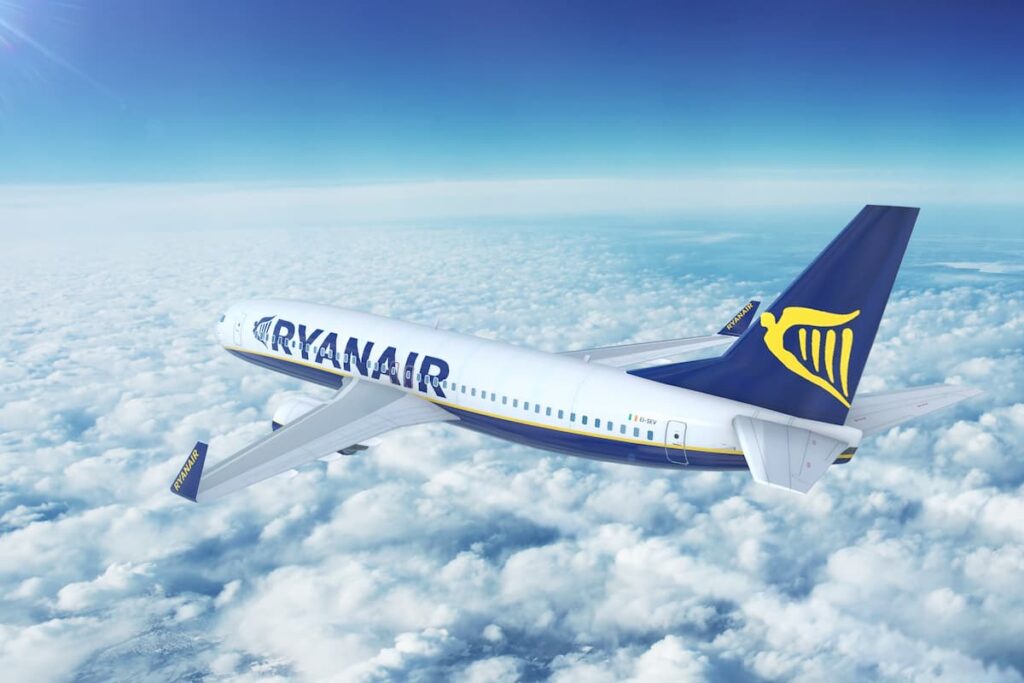Airlines Tighten Baggage Enforcement Amid Rising Travel Demand
Ryanair, Europe’s largest airline, is considering increasing financial incentives for staff who identify and charge passengers for oversize carry-on bags. The announcement was made by CEO Michael O’Leary, who described excess baggage as a “scourge” that the company is determined to eliminate. Currently, Ryanair agents receive a bonus of approximately €1.50 (about $1.75) for every oversized bag they spot, and that figure may soon rise.
In a radio interview with Ireland’s RTÉ, O’Leary emphasized the airline’s strict policy enforcement as a response to limited cabin space and consistently full flights. He pushed back against recent efforts by the European Parliament to require airlines to increase free carry-on allowances, saying such measures were unrealistic due to space constraints on aircraft.
According to O’Leary, half of Ryanair’s passengers can already bring two bags, while the other half are limited to one, simply because of physical space limitations onboard. “We’re flying largely full flights,” he noted, adding that expanding the baggage allowance would create logistical issues.
Other Airlines Under Scrutiny for Similar Practices
Ryanair is not alone in facing scrutiny over how baggage rules are enforced. A leaked internal email revealed that ground staff working for easyJet at several UK airports also receive commissions for flagging oversized carry-ons. Although easyJet has not confirmed the details, the airline clarified that its ground agents are employed by third-party providers, who handle payment and incentives independently.
Swissport, one such ground handling company, confirmed that it implements airline policies under agreed contractual terms but did not elaborate on compensation structures. EasyJet added that its focus remains on fair and consistent enforcement of baggage rules across all customers.
Michael O’Leary remains the only airline executive to openly confirm staff bonuses for baggage enforcement. His comments have reignited debate over airline pricing models and transparency, especially as budget airlines continue to look for ways to generate ancillary revenue beyond ticket sales.
Travel Light or Pay the Price
The debate over cabin baggage policies comes at a time when travelers are increasingly looking for ways to avoid hidden fees. Airlines, especially low-cost carriers, have been accused of introducing complex pricing structures that charge for basic amenities, including carry-on luggage. This has prompted many passengers to reconsider how they pack, turning to travel guides and packing hacks to fit everything into a single backpack.
CNN’s Underscored team recently published a guide to packing light, aiming to help travelers avoid unexpected baggage fees on budget airlines like Ryanair and easyJet. The trend is growing, particularly among younger travelers who prefer flexibility and savings.
Visa Fee Controversy Clouds U.S. Tourism Outlook
Meanwhile, international travel to the United States is facing its own challenges. A new $250 “visa integrity fee” is set to be introduced for visitors who require a visa to enter the country. The fee is part of a broader fiscal policy but has yet to come with a clear refund process, leaving travelers uncertain about how the system will work.
CNN’s Richard Quest noted that the lack of clarity could further deter visitors already hesitant due to perceptions that the U.S. is becoming less welcoming. He pointed to falling visitor numbers and a sharp drop in the U.S. passport’s global ranking. According to the Henley Passport Index, the U.S. is now on the verge of slipping out of the top ten for the first time in two decades.
In contrast, diplomatic relations between China and India appear to be improving, as both countries have resumed mutual visa processing after a period of suspension. The change has been welcomed by travelers from both nations, suggesting that easing restrictions can still boost international tourism when paired with clear policies.


